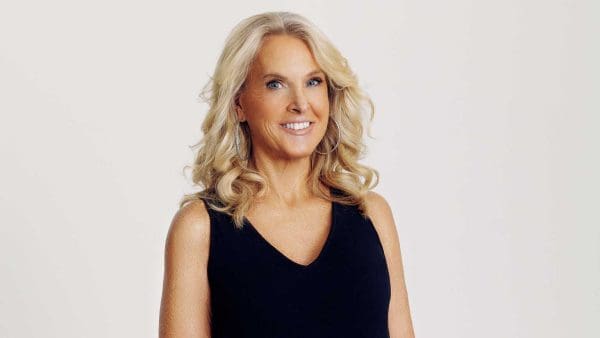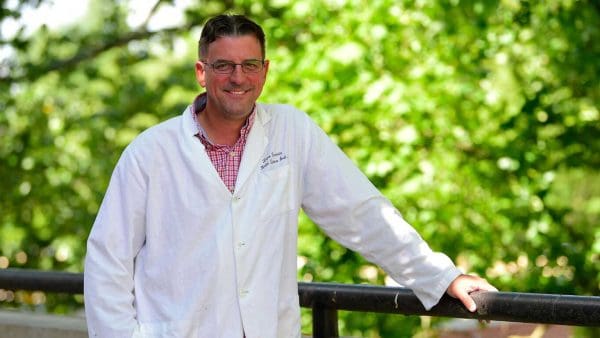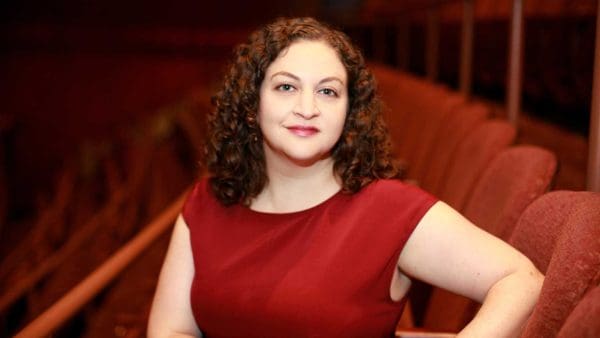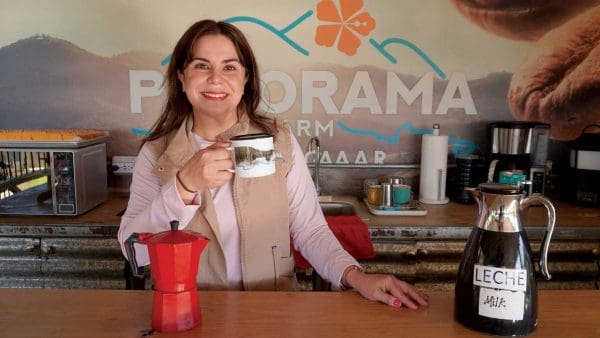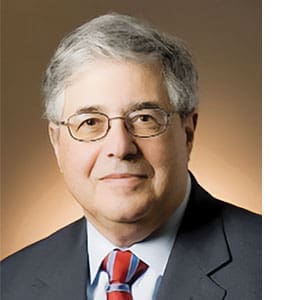
As Jerry Doctrow ’72 approached retirement, he considered himself better prepared than most, with years of experience as an analyst and investment banker who followed senior housing and care, as well as health care real estate. Yet he wanted objective information to help him make important decisions about where and how to live in this next stage of his life.
Online, he mostly found blogs written by retirees, and advertisements for retirement communities and commission-based senior housing placement services.
He didn’t see what he wanted, so in 2015, the year he retired at age 65 from Stifel Financial, Doctrow started his own blog, Robust Retirement. The goal, he says, is to help people understand their retirement-years options, particularly related to housing. He also writes about medical care, exercise, and his own experiences managing Parkinson’s disease.
As we spoke, Doctrow, 73, and his wife, Carol, were gearing up to move out of their condominium a few blocks north of the Homewood campus, where they had lived for 18 years, and into an apartment at Roland Park Place, a community that combines senior living and continuing care on a single campus.
What do you want people to know as they plan for their retirement?
I want them to be realistic about what their needs are going to be down the road. Most people are going to have 20 or more years of retirement, and it’s going to vary a lot. You may be healthy and active when you retire, even working part time, but chances are you’ll need medical and supportive care at some point.
If you could give one piece of advice to retirees, what would it be?
Maintain social interaction. I think people underestimate the importance of social interaction, particularly if they outlive their spouse. I see a lot of people who hang on to their houses, and it can be isolating, compared to opportunities to socialize in senior housing. It’s OK when you’re driving and your friends are driving, but as you get older, you wind up spending more time alone at home.
During the pandemic, my wife and I each reconnected with five to 10 longtime friends that we had known since elementary school or junior high, but with whom we had infrequent contact over the years. We established a monthly call in my case and a weekly call in her case to discuss our lives with people we know very well.
Has your research for this blog influenced your own retirement decisions?
I think one of the things that surprised us was the satisfaction that people find in a retirement community. We had downsized to a full-service three-bedroom, three-bathroom condo and were comfortable there. Our decision to move to a retirement community was driven by our health care needs, but also seeing the benefits of on-site health care, fitness, educational and entertainment programs, and the reduced demands on family caregivers.
What do you see as the goal of Robust Retirement?
I was never trying to make money on the blog. It’s a way for me to do research and comment in an objective manner on issues important to me and to friends who are aging with me.

